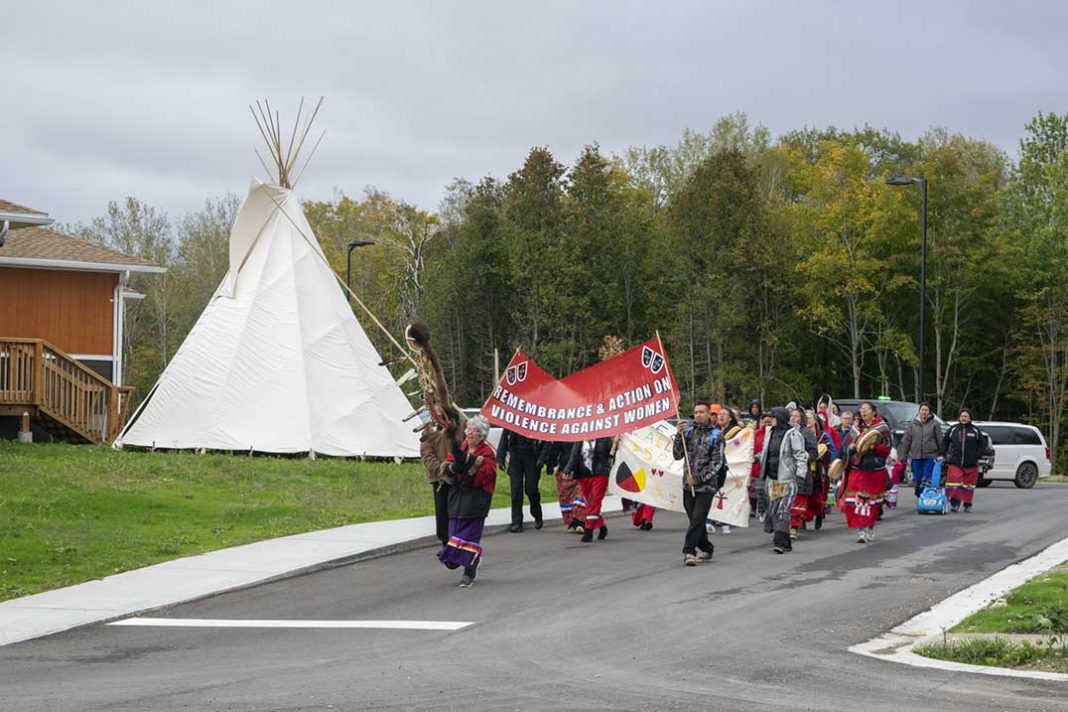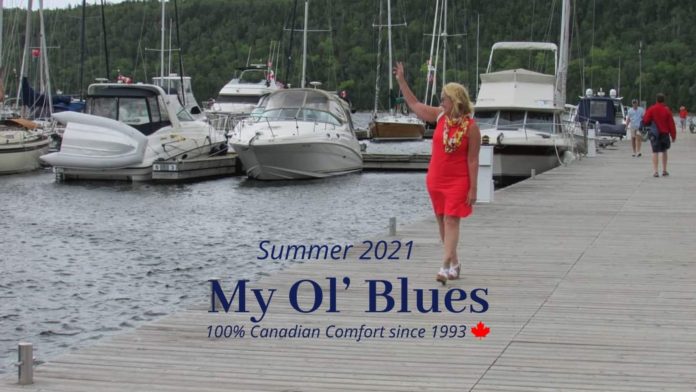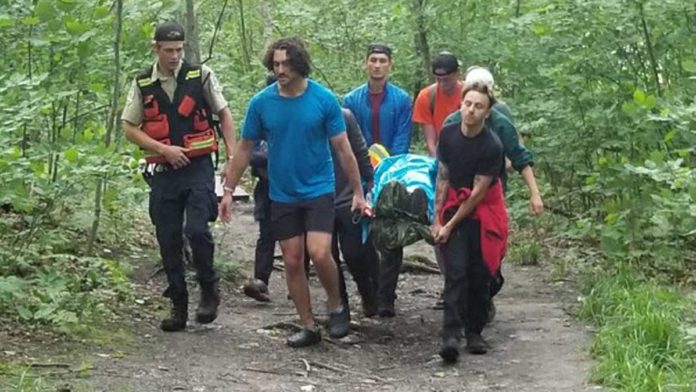MANITOULIN—A national action plan (NAP) to address systemic racism and violence and Indigenous women, girls and Two Spirt, Lesbian, Gay, Bisexual, Transgendered, Queer, Questioning, Intersex and Asexual (2SLGBTQQA+) was released June 3, two years after the National Inquiry into Missing and Murdered Indigenous Women and Girls (MMIWG) presented its final report. The Government of Canada also issued a Federal Pathway report which outlines the federal government’s approach and a week earlier, the Ontario government launched its Pathways to Safety strategy in response to the final report. While many communities and organizations have welcomed the plans, questions remain.
The 2021 NAP responds to the findings of and 231 Calls for Justice from the 2019 National Inquiry as well as 62 calls for change from the Metis Perspectives of Missing and Murdered Indigenous Women, Girls and LGBTQ2S+ People report prepared by Les Femmes Michif Otipemisiwak. A statement by Crown-Indigenous Relations and Northern Affairs Canada said the NAP is “meant to honour and respect Indigenous and 2SLGBTQQIA+ peoples’ values, philosophies, knowledge systems and agencies through the prioritization of Indigenous-led solutions and services developed in partnership and sustained through the adequate resourcing of this work.”
Violence against Indigenous women, girls and 2SLGBTQQIA+ happens within a broad social context shaped by systemic racism and colonialism, requiring change across governments and institutions and by all Canadians. The 113-page document outlines long term commitments and short term priorities or actions to be taken within the next three years. It includes action plans from, the National Family and Survivors Circle, contributing partners and provinces and territories.
The Federal Pathway is only one component within the NAP that is “anchored in principles that build on the National Inquiry’s Principles for Change and that were developed in co-operation with the working groups and Indigenous partners.” This work will address culture, health and wellness, human safety and security, and Justice utilizing a “holistic” and “trauma-informed” approach. A Federal Pathway implementation plan “will be co-developed with Indigenous partners.”
The NAP will draw on $2.2 billion to fund new and ongoing initiatives outlined in the plan. This funding was previously allocated in the 2021 budget to be spent over the next five years. There is also a commitment of $160.9 million per year on an ongoing basis to address actions related to the national inquiry.
On May 27, Ontario released its plan, which includes 118 initiatives, in response to the MMIWG inquiry. “The tragedy of violence towards Indigenous people is completely unacceptable and must be met with real solutions to uproot the causes,” said Jill Dunlop, associate minister of children and women’s issues. “We listened carefully to the survivors, families and loved ones who participated in the National Inquiry. We also collaborated closely with Indigenous partners, including members of the Indigenous Women’s Advisory Council, to ensure their voices guided Ontario’s action plan on the critical issues impacting their communities. I am proud of where we have come but know there is much more work to be done to ensure all Indigenous people can live in safety, free from violence.”
The Indigenous Women’s Advisory Council has developed a “placemat” that is a companion to Ontario’s response. The placemat illustrates the structure and recommendations of Ontario’s strategy while also incorporating cultural elements (view the placemat at onwa.ca/learning-resources-mmiwg).
The Ontario Native Women’s Association with Ganohkwasra Family Assault Support Services said the strategy “aligns with what Indigenous women have been asking for because they listened to our voices, expertise, guidance and recommendations. When our truths are listened to and governments respect the recommendations of Indigenous women, we begin to build a foundation for change.”
Some advocates say there are crucial voices missing from both the federal and provincial reports. Advocate Maggie Cywink of Whitefish River First Nation acknowledges there is a lot in the reports but is concerned about the lack of grassroots voices of family members from across the country. Families don’t understand this report, she said. “They don’t understand the impact of what this means to them. There has been no dialogue or engagement with families. Are we going to get lost in the dust again? Are we going to again be voiceless? Because it’s been the government and its agencies that have put this together.”





